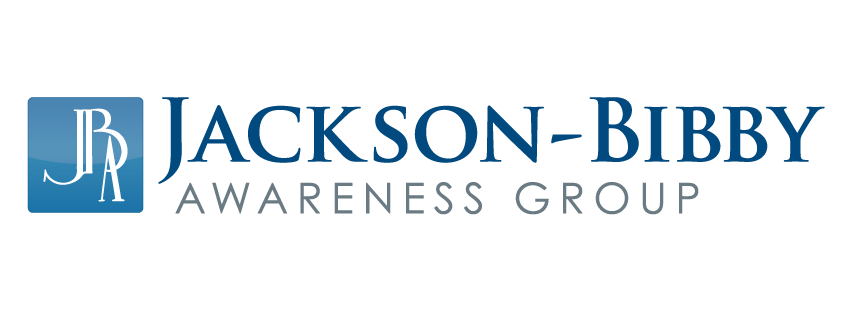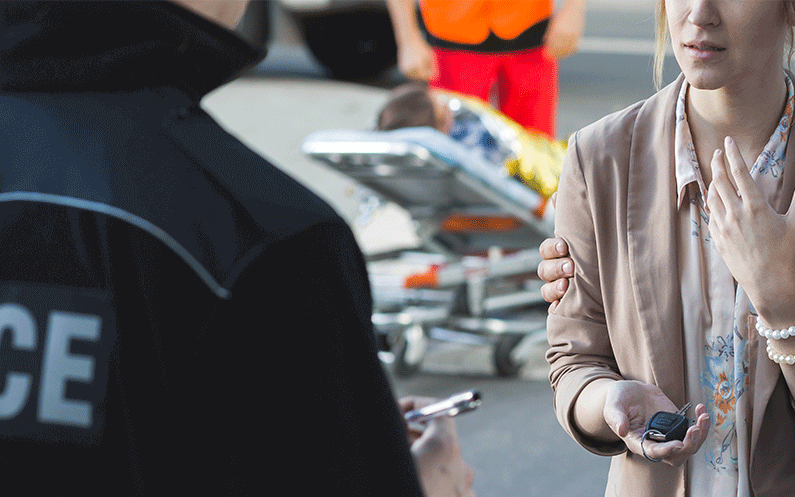In California, the consequences for a conviction for first time DUI include fines of approximately $390, three years of informal probation, and “penalty assessments.” These assessments can include one or more of the following: Completing a $500 first offender alcohol program, $2000 in additional charges, and more.
If you drive under the influence of alcohol or with a BAC (blood alcohol concentration) in excess of or at .08%, or a combination of both, you could be convicted of DUI (driving under the influence). While some crimes offer no instantaneous consequences, immediate after-effects of an administrative type can be imposed. Think fees and license suspension. Even if you’re not ultimately convicted of the crime, this can happen, regardless.
If, in the past 10 years, you haven’t had a DUI, it can be considered a “first offense”, or a first time DUI offender. Keep in mind when reading the following information that, regarding scooters and bikes, DUI penalties may differ.
Legal Proceedings
Where legal proceedings are concerned following a DUI arrest, there are two types:
- A hearing for a DMV California license suspension
- A bench trial or jury trial in California criminal court
You cannot be put in jail or fined by the California DMV. Your license, however, can be suspended. Within the first 10 days of being arrested, you must request a DMV hearing, because they are not automatic.
Including your arraignment, proceedings must be attended by your attorney, but you do not necessarily have to show up.
To Retain Your License
If, due to driving under the influence, you lose your license, you can apply for a noncommercial restricted license. But, if the following apply, you may not be able to do so:
- For refusing to complete or take the DUI test, your license was suspended.
- It has been specifically disallowed by the court.
Restricted licenses come in two types, which are as follows:
- A restricted license
- An IID (ignition interlock device) restricted license
Your basic restricted license would enable you to do the following:
- If no school bus or public transportation is available, drive a dependent minor to and from school.
- For a serious medical problem, drive other family members, or yourself, to get medical care.
- Drive during work or to and from work.
- Drive to your DUI treatment program, and home from it.
The latter deals with an IID (ignition interlock device) in your car. As long as it is in place and operating, you can drive with this type of license. Basically, if the device detects alcohol, it will not allow you to start your car. It is, for all intents and purposes, a breathalyzer.
After a DUI Arrest – What to Do
Immediately following an arrest for DUI, you should take the following steps:
- After the arrest, take the chemical test. In many states this is required and, if refused, punishable by law.
- Rather than picking out a general attorney, contact one who is experienced and knowledgeable regarding DUIs.
- Get a bail bondsman.
- Ask for a DMV hearing.
- Get ready for your arraignment.
We Help First Time DUI Offenders
At Jackson-Bibby Awareness Group, we can help DUI offenders – especially those whose first time it is – work through the process of following up an offense.
Feel free to take a look through our FAQs.


Recent Comments